Jump to:
Attention, garden building owners! As winter approaches, it’s crucial to manage potential hazards and risks in your shed. Chemicals, flammable materials, and electrical equipment are just a few examples.
Fortunately, with simple precautions and safety measures, you can reduce these risks. This post will cover some effective ways to minimise danger in your garden shed.
Maintaining Safety in Garden Sheds
To protect your shed from the hazardous conditions of winter, maintenance is key. Neglecting its upkeep can lead to a range of potential dangers. This is especially true if you’re storing chemicals and flammable materials.
By taking a few simple precautions, you can enjoy your garden shed with peace of mind. Here are some essential tips to consider:
1. Storing petrol

(Image Credit: Public Domain Pictures)
Storing petrol in a shed may seem like a convenient option. But when doing so, pay close attention to the placement of containers to reduce fire risk. Keep petrol bottles away from all potential sources of ignition, e.g. fires, lights, and sockets.
Store petrol somewhere safe and is designed to withstand impact and prevent leaks. Consider a well-ventilated area away from direct sunlight. Also, keep the container tightly closed when not in use.
Note: Petrol vapours can be highly flammable, and only a small spark can cause a devastating fire. Even static electricity from rubbing a fabric or a plastic container can trigger it. Take extreme care when storing this material.
2. Make it wasp-proof

Regularly check your shed for small holes and gaps that could allow wasps to fly in. These insects can establish nests at once, creating a safety hazard for anyone who enters.
One effective way to deter them from entering is to install a low-wattage light inside. Wasps are attracted to damp and dark environments, so a well-lit area is less appealing.
Another strategy is to treat the timber with a wasp-repellent mix of essential oils. Eucalyptus oil, menthol, and citronella oil are all known to be the most effective. Simply mix a few drops of each oil in a spray bottle filled with water. Then, apply it to the timber surfaces inside and outside the shed.
3. Avoid carbon monoxide poisoning

(Image Credit: Wikimedia Commons)
During the colder months, it can be tempting to move generators and BBQs in the shed to keep them out of the elements. However, this can pose a significant safety risk. For one, the fumes from these engines can quickly build up and become a serious health hazard.
To prevent carbon monoxide poisoning, avoid using gasoline-powered engines inside. This includes generators, lawnmowers, and other outdoor equipment. If you plan to store them in your shed, ensure they’re intended for storage purposes only. It’s also a good idea to install a carbon monoxide detector, which can alert you to any dangerous gas levels.
4. Household hazardous waste management
To reduce the risk of leaks and spills, handle hazardous chemicals with care when storing in a shed. Purchase only the amount needed to minimise the amount of hazardous chemicals present. Properly dispose of these chemicals when no longer needed. Most importantly, follow the local ordinances for hazardous waste disposal.
5. Securing your shed

Garden sheds can be a target for burglars, especially during the darkness of winter. To prevent the possibility of a break-in, take steps to secure your outdoor structure.
Anchor your shed firmly to the ground. This will prevent it from being blown away in high winds and make it much harder for thieves to gain access. You can use ground anchors or bolts to secure it to a concrete base or directly into the ground.
Another crucial step is to install a strong padlock to deter criminals. Choose a high-quality lock designed specifically for outdoor use and resistant to tampering. You may also consider using a security bar or chain to reinforce the door and make it harder to break in.
6. Away from direct sunlight

(Image Credit: Wallpaper Flare)
Direct sunlight can cause combustion in sheds and corrode storage containers over time. And this can potentially lead to significant damage if flammable materials are stored.
To prevent this, fix blinds or shades to windows and other openings to reduce the sun’s effects. Or, install retractable skylights that can be closed when necessary. By taking such precautions, your shed remains safe, even in harsh sunlight conditions.
7. Take advantage of shed cleaners
Mould and algae thrive in damp and dark environments, and sheds are no exception. These unsightly growths can cause serious damage to the timbers if left untreated. Moreover, they can leave certain areas weak and vulnerable to collapse.
Use a dedicated mould and algae cleaner to exterminate the breeding spores. This will not only help prevent structural damage but also keep your shed in good shape.
8. Don’t forget to insulate

Without insulation, your shed can become extremely cold during winter. This can result in condensation buildup, mould, and fungal decay. Even worse, it can involve any tools or equipment stored inside. Thus, ensure proper insulation to maintain a dry and safe environment.
Keep an eye out for signs of dampness, including musty smells or water droplets on walls and ceilings. Installing a dehumidifier can also help reduce moisture buildup.
9. Watch out for electrical hazards
Ensure all wiring and outlets are well installed and maintained. Faulty wiring or overloaded circuits can easily lead to electrical fires. A small fire can spread quickly, especially in a small, enclosed space like a shed.
If you’re thinking of setting up electricity in your shed, hire a licensed electrician to get the job done. For workshops, avoid overloading outlets with too many appliances or extension cords.
10. Tidy your shed

During winter, when outdoor activities are less frequent, clutter and debris are raging. If overlooked, this can create tripping hazards and block emergency exits.
What you can do is regularly clean and organise your shed. This involves removing unnecessary items and storing the ones you want to keep. Also, make sure that emergency exits are kept clear and easily accessible at all times.
Round-up
Garden sheds can be incredibly useful spaces for storage and hobbies. However, neglecting their upkeep and safety measures can result in potential dangers. But by implementing the precautions outlined in this article, you can minimise the risks. Remember, prevention is key!
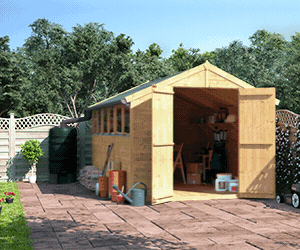


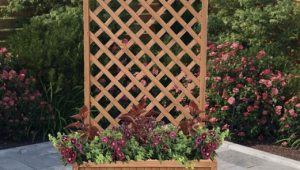
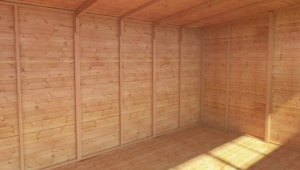
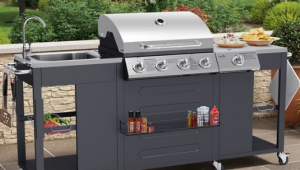
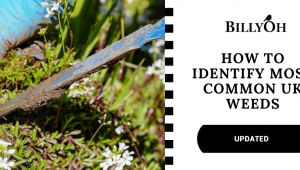


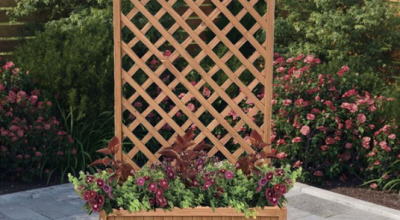
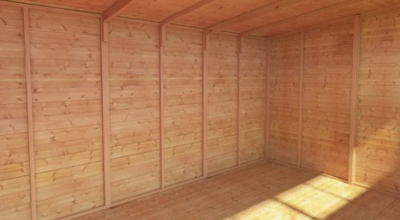
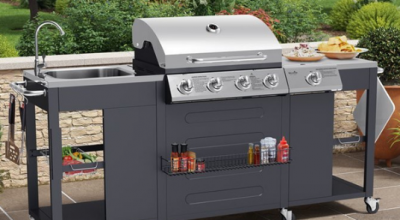
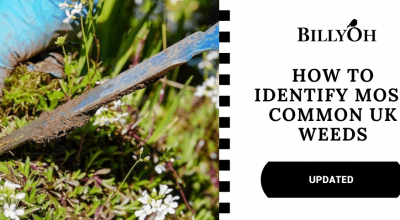
What do you think ?